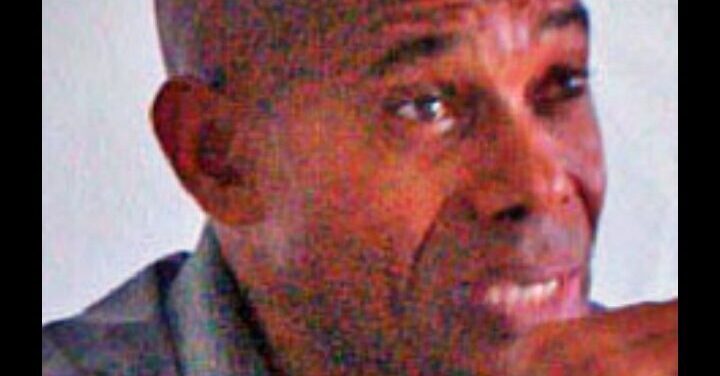The Grenada Revolution, a pivotal chapter in Caribbean history, remains a subject of deep reflection and analysis. At its heart was Lieutenant Colonel Liam James, a key figure whose life and actions offer profound lessons on leadership, revolution, and the rule of law. This narrative revisits the revolution through the lens of personal encounters, political dynamics, and the broader implications for Caribbean governance.
Liam James first emerged as a revolutionary leader during the 1979 Grenada Revolution, which sought to overthrow the authoritarian regime of Eric Gairy. His journey began in 1978 at the 11th World Festival of Youth and Students in Havana, Cuba, where he forged bonds with fellow Caribbean activists, including the author. Their discussions, fueled by revolutionary zeal, envisioned a socialist future for the region.
James played a central role in the revolution’s early days, accompanying Prime Minister Maurice Bishop on missions to assist Dominica after Hurricane David in 1979. However, the revolution soon faced internal fractures. Ideological purity and personal rivalries overshadowed the movement’s initial idealism, leading to the tragic massacre of Bishop and others in October 1983. The subsequent U.S. invasion marked the revolution’s collapse, with James and other leaders arrested and sentenced to death, later commuted to imprisonment.
The Grenada Revolution’s downfall was rooted in its disregard for democratic norms and civil liberties. The People’s Revolutionary Government (PRG) closed parliament, suspended elections, and detained critics without due process, eroding its legitimacy. This ‘heavy manners’ approach starkly contrasted with the constitutional and inclusive strategies advocated by leaders like Rosie and Michael Douglas in Dominica.
Rosie Douglas, a prominent Pan-Africanist, championed the Committee of National Salvation (CNS), which united diverse political factions to ensure a peaceful transition of power in Dominica. His brother, Michael, emphasized the importance of education, temperance, and respect for democratic institutions. Their leadership underscored the value of dialogue, compromise, and the rule of law in achieving lasting political change.
As the Caribbean reflects on this tumultuous period, the lessons are clear. Revolutions that abandon constitutional safeguards risk descending into tyranny. The Grenada Revolution’s failure serves as a cautionary tale, highlighting the need for leadership grounded in humility, education, and respect for individual rights. The Golden Rule—treating others as one wishes to be treated—remains a timeless principle for governance and justice.
This narrative, drawn from personal experiences and historical analysis, underscores the enduring relevance of these lessons as the Caribbean continues its journey toward democracy and social progress.
